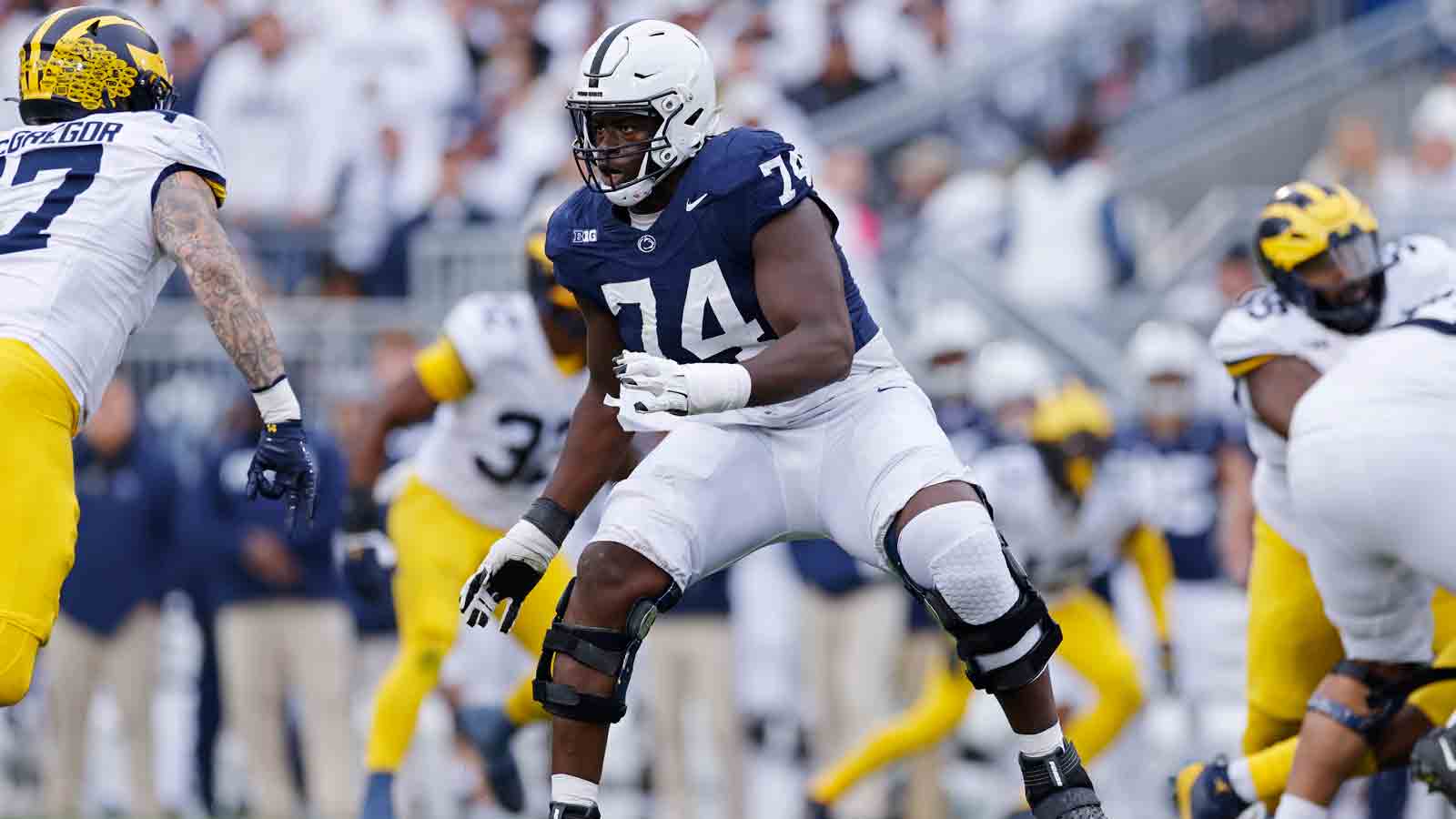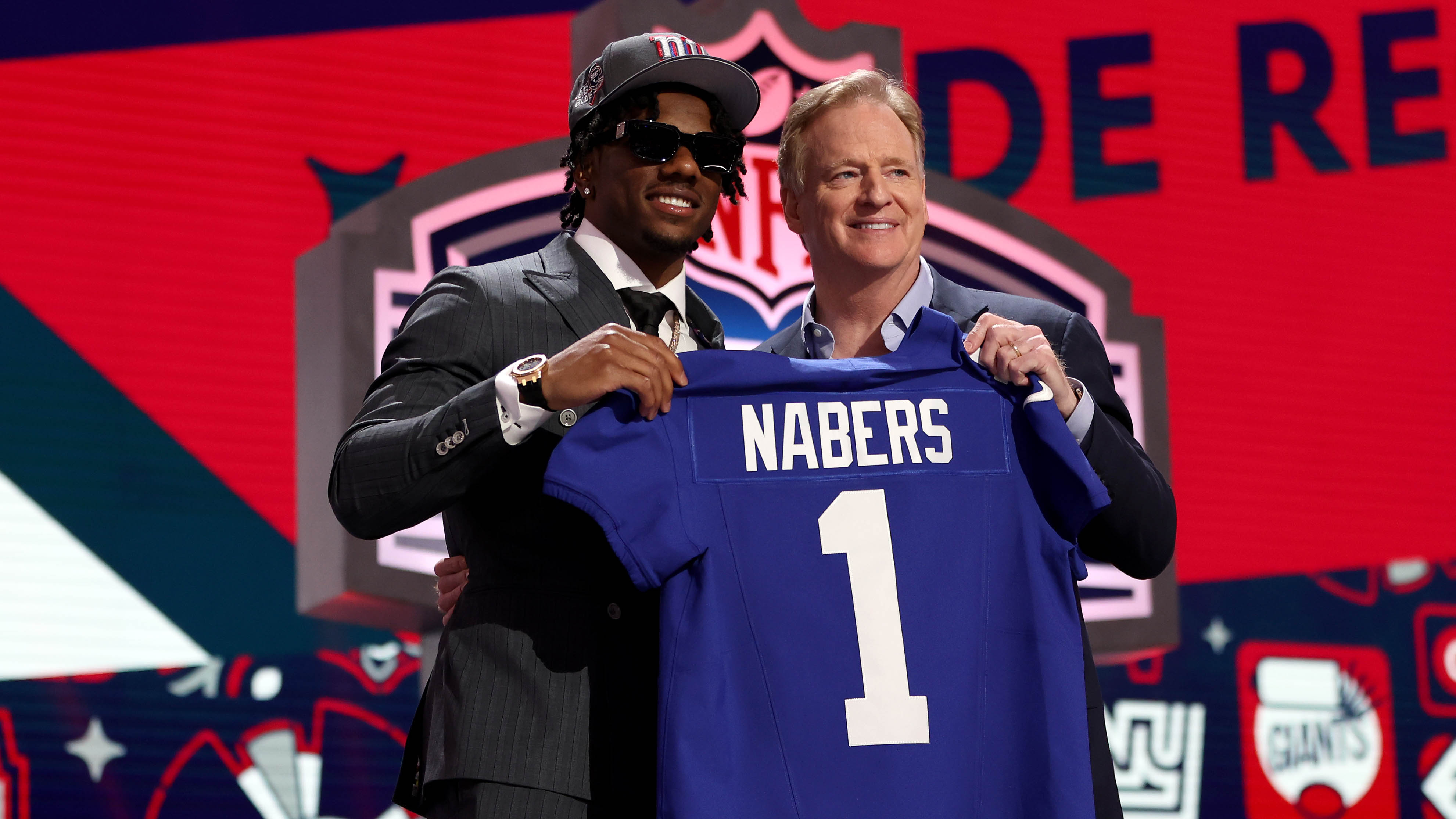In the wake of the coronavirus pandemic and racial tensions across the U.S., a psychologist in New York City is seeing a dramatic increase in the number of people who want to talk to her.
Dr. Dana Crawford specializes in racial trauma and she says what the country is witnessing right now are people who are attempting to have their voice heard. The protests breaking out nationwide, and even across the world, in the wake of George Floyd's death in Minneapolis custody, are demonstrations of empowerment, anger, sadness, fear and depression, a result of racism against black Americans that has been simmering for decades.
It also comes as the black community, especially in New York City, suffers disproportionately from the coronavirus.
"Coupled with the fatigue of COVID, racialized trauma has just escalated to a higher level," Crawford said. "I've seen and experienced a lot of clients reaching out and saying, 'you know what, I'm no longer going to put my trauma in a box. I deserve better. I'm gonna pull it out and I'm gonna process it."
She advises clients and others marching through the streets to lean into their feelings. While the violence and looting aren't condoned, the doctor says that those are some people's ways of trying to gain control.
Studies show that African Americans are more likely to report serious psychological distress than adult whites and they are less likely to seek help due to stigma, lack of affordable care, real or perceived bias from mental health professionals who are mostly white, and other reasons.
“Our nation’s African American community is going through an extremely painful experience, pain that has been inflicted upon this community repeatedly throughout history and is magnified by mass media and repeated deaths," said Dan Gillison, the CEO of the National Alliance on Mental Illness. "The effect of racism and racial trauma on mental health is real and cannot be ignored…Racism is a public health crisis."
Images of black bodies being brutalized are all too common in the age of smartphones and social media. The names of unarmed black people become hashtags and their last words become a rallying cry for change. George Floyd, Breonna Taylor, Tony McDade and Ahmaud Arbery are just the few whose deaths have come to light in recent months but there have been countless others.
Local
But how can people who have experienced so much trauma begin to heal and start to move forward? Dr. Crawford stressed three points. As a society, we must first acknowledge what happened, not just the deaths that have happened in the past few months but we must acknowledge decades and centuries of American history.
Second, we must absorb the demand for justice. And third, we need to accept the idea that some parts of our culture are toxic.
"We need to start having a space where people can honestly and authentically process the fact that we are all infected with the virus that is racism, prejudice and bias," she said. "In our lives, we have seen media images that have brainwashed us into believing that people are a certain way instead of individuals."
Crawford added that change will take time but there's a chance that it will come quicker now that others are standing up in solidarity with black people.
"The rest of the planet is really realizing that we as a human species have a major pandemic of racism in our hands," Crawford said.



